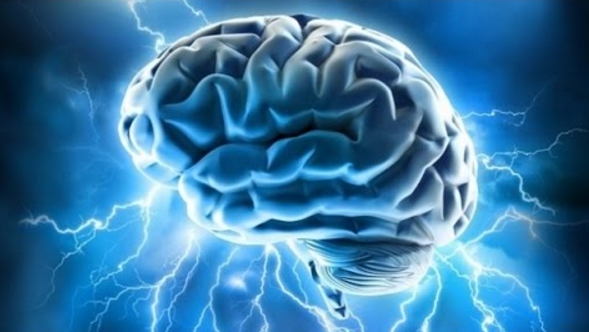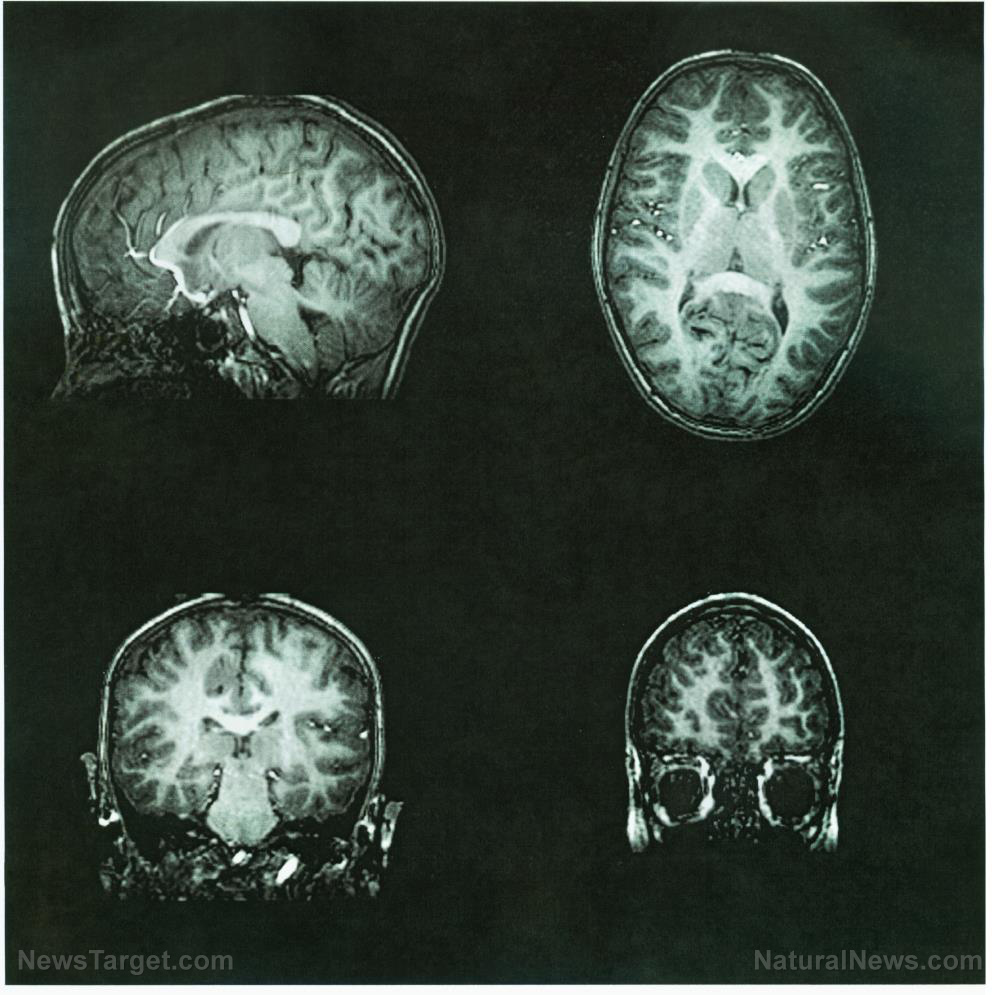Are You a Cheater If You’re Using Smart Drugs to Get Ahead?
04/14/2016 / By supplementsreport

For years, people have dreamed of creating a pill that could solve all your problems—one that could make you smarter, more creative, and give you a competitive edge in life. Although no such magic pill exists, there have been stand-ins. Specifically, a class of brain drugs called nootropics.
(Article by Matt Tinoco, republished from http://www.vice.com/en_uk/read/are-you-a-cheater-if-youre-using-smart-drugs-to-get-ahead)
Nootropics are a broad range of drugs said to improve cognitive function, from improving memory retention to spurring creativity. Unlike most ADHD medications, to which you can easily build up a tolerance, nootropics advocates say you don’t need to constantly increase your dose, and they aren’t habit forming. And because nootropics are considered “supplements,” they’re not regulated like pharmaceutical drugs, making them cheaper and easier to get than a Schedule II substance like Adderall.
But is it ethical to use them? If you’re popping nootropics to study for an exam, are you cheating?
“Nootropics are seen as academic steroids, which I think is total bullshit,” said Neyer Guerrero, an amateur nootropic researcher based in Brooklyn. “These aren’t pills that will naturally make you smarter. Nootropics [can] help you to an extent, but you still have to do all the work.”
From Guerrero’s perspective, nootropics should be considered brain health supplements. He pointed out choline, which occurs naturally in the brain but can also be bought as a supplement that’s considered a nootropic.
But some experts disagree. Nita Farahany, one of the country’s leading bioethicists and the director of Duke’s bioethics and science policy masters program, says ethical use of smart drugs is harder to pin down.
“It’s almost impossible to draw the line that defines what is and isn’t cheating,” she told me. “How would you enforce it? Is a student using neurofeedback cheating? Are nootropics cheating? Coffee? Or is it only cheating if they use prescription drugs?”
Duke University, where Farahany teaches, is actually one the few academic institutions with a policy on the use of cognitive-enhancing drugs (CEDs), a broad term for brain-boosting drugs. Besides the standard infractions, like plagiarism, Duke’s academic code lists use of CEDs without a doctor’s prescription as cheating.
Although Duke’s policy doesn’t specify the type of medication, Farahany said the policy was born out of widespread abuse of Adderall and Ritalin at the university (almost one third of all college students have used prescription drugs to study, according to theCenter on Young Adult Health and Development). But the policy only mentions prescription medications—which leaves room for nonprescription cognitive-enhancing supplements.
Indeed, part of the problem with creating policies around CEDs is that it’s difficult to pin down what a CED really is. Duke’s policy is structured around Adderall and Ritalin, but other prescription drugs—like Modafinil, in particular—have been linked to cognitive gains. Nootropics are nonprescription substances, but there’s at least some evidence in peer-reviewed studies to substantiate that they have cognitive benefits. Drawing the line between what is and isn’t acceptable, Farahany said, is nearly impossible.
Curiously, the only organizations to actually confront the use of CEDs in a significant way are the major eSports leagues. With hundreds of thousands of dollars up for grabs at their international tournaments, leagues like ESL and the International e-Sports Federation (IeSF) now drug test their competitors for performance-enhancing drugs, including brain drugs.
“The stakes have risen to the level where it becomes much more tempting to try to gain an edge by taking something that might help you play just a tiny bit better,” said Anna Rozwandowicz, a spokesperson for ESL Gaming, the world’s largest eSports league. Just like a professional cyclist may dope for a competitive advantage, gamers competing at top levels may take stimulants to quicken their reaction time and endurance through hours of competitive gaming.
ESL began testing its competitors for performance-enhancing drugs last August at its ESL One Cologne competition in Germany. Competitors were asked for saliva samples backstage, which were run against a list of prohibited substances established by the World Anti Doping Agency. Rozwandowicz said the ESL is working toward developing a testing protocol that’s specific to drug use in eSports, but the organization doesn’t plan to publish a list of prohibited substances, in hopes of inspiring its competitors to remain entirely clean.
ESL and IeSF both follow the World Anti Doping Agency’s recommendations on which drugs to permit and which to prohibit. But there’s the same fundamental problem in trying to pin down which substances it should and shouldn’t include. For example, caffeine—a substance that helps millions of Americans get through the day—is fine under World Anti Doping Agency’s rules. Other substances, like the widely used nootropic phenylpiracetam, aren’t allowed.
Tangled up in the ethics is the question of whether or not nootropics even work. If they can’t actually make you smarter, then how could it be unethical to take them?
Of the scientific research on nootropics, there’s evidence of at least some cognitive benefits: A 1981 study from the NYU School of Medicine determined that piracetam combined with other nootropic substances had “profound effects” on memory enhancement in rats, and 2009 research published in the journal Neuroscience and Behavioral suggested the nootropic substances noopept and piracetam could treat post-concussion symptoms. Other research suggests nootropics can improve recall abilities and greater communication between the brain’s two hemispheres. Of course, not everyone is convinced. At least one formal study has determined that healthy people using nootropics experience no significant gain.
If they do work, some people are optimistic that cognitive-enhancing drugs could be an intellectual equalizer. Eric Matzner, who runs a biotechnology company that sells, researches, develops, and markets a product called Nootroo, says his drug can vastly improve a person’s memory and ability to learn new information, protect the brain against physical and mental trauma, and has low toxicity. If you had access to something like that, it could erase some of the disadvantages for people who don’t have access to a good education, quality brain food, or other intellectual advantages.
“The way I see it, [these drugs] can circumvent some of the deficiencies that have risen,” said Matzner. “Nootropics can level the playing field by giving people an increased ability to learn.” Matzner himself ingests between 30 to 50 supplements a day, all in a frenetic quest to improve his own cognitive performance.
Others, like Farahany, don’t see it that way. “Imagine a medical resident with a forty-eight-hour shift. If it turns out cognitive enhancers could improve their rotation, are they under an obligation to use them? What about if some of their peers are using them? Would you need cognitive enhancement to keep up with everyone else?”
Read more at: http://www.vice.com/en_uk/read/are-you-a-cheater-if-youre-using-smart-drugs-to-get-ahead
Tagged Under: Brain Supplements, IQ, Nootropics, Smart Drugs




















